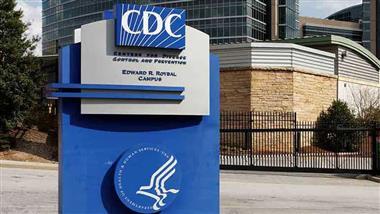
"Many Federal agencies depend on obtaining congressional funding and, therefore, will engage in stunts to ensure that funding is allocated to them. For example, the CDC will routinely hype up inconsequential 'pandemics' each year, as this nationwide drama allows them to obtain more funding."
"CDC corruption is so pervasive that it's effectively been legalized. A 1983 law authorized the CDC to accept gifts 'made unconditionally ... for the benefit of the [Public Health] Service or for the carrying out of any of its function.'"
"The CDC has enormous credibility among physicians, in no small part because the agency is generally thought to be free of industry bias. Financial dealings with bio-pharmaceutical companies threaten that reputation."
"In 1992, Congress established A National CDC Foundation, which was quickly incorporated to 'mobilize philanthropic and private-sector resources.' Other Federal agencies, including the CIA and the NIH, have similar 'non-profit' structures."
Policies may be enacted in a coordinated manner by agencies seeking congressional funding, with agencies like the CDC creating situations to secure financial support. Examples include promoting inconsequential 'pandemics,' which help maintain funding levels. The notion of widespread corruption within agencies like the CDC has become normalized, especially with laws allowing gift acceptance for their functions. Concerns arise over the credibility of the CDC, influenced by financial ties to bio-pharmaceutical companies. Similar funding paradigms exist within other federal entities, showing a trend in resource mobilization.
Read at Natural Health News
Unable to calculate read time
Collection
[
|
...
]